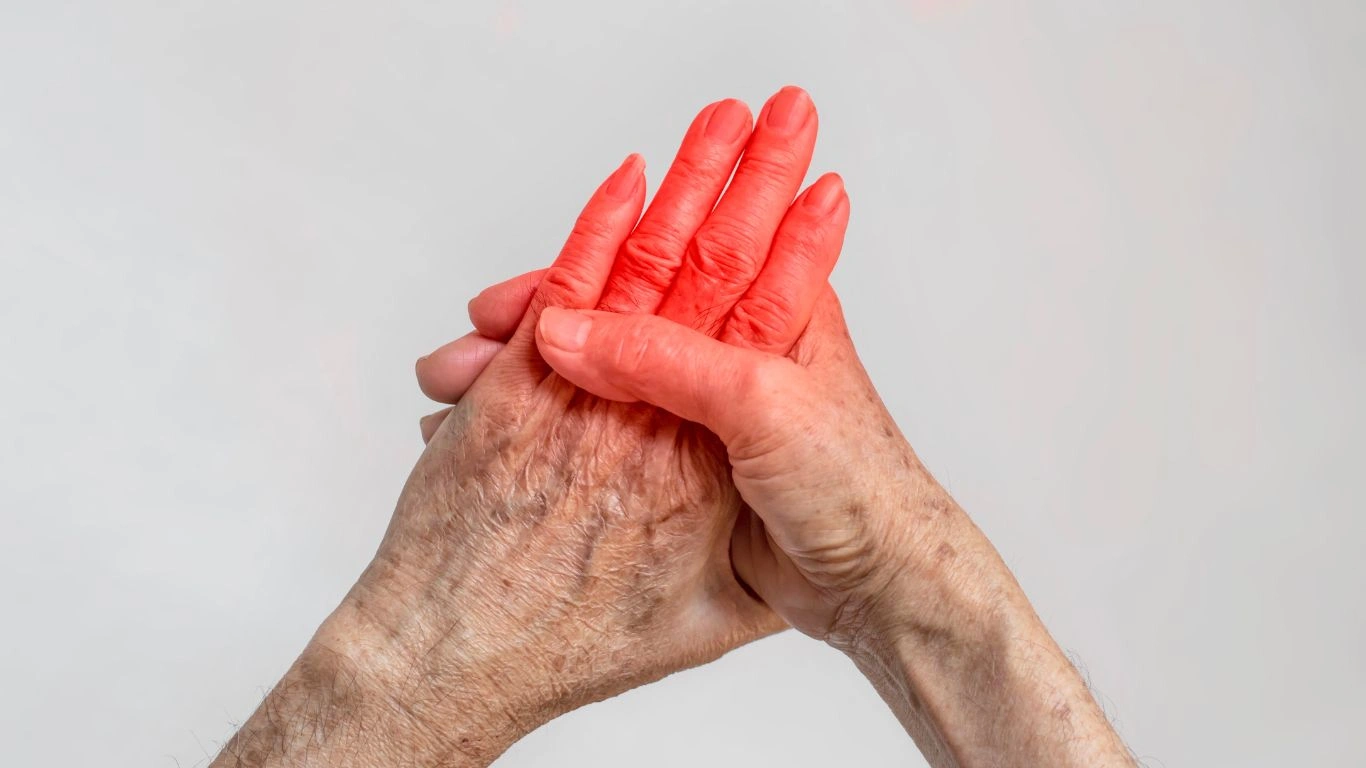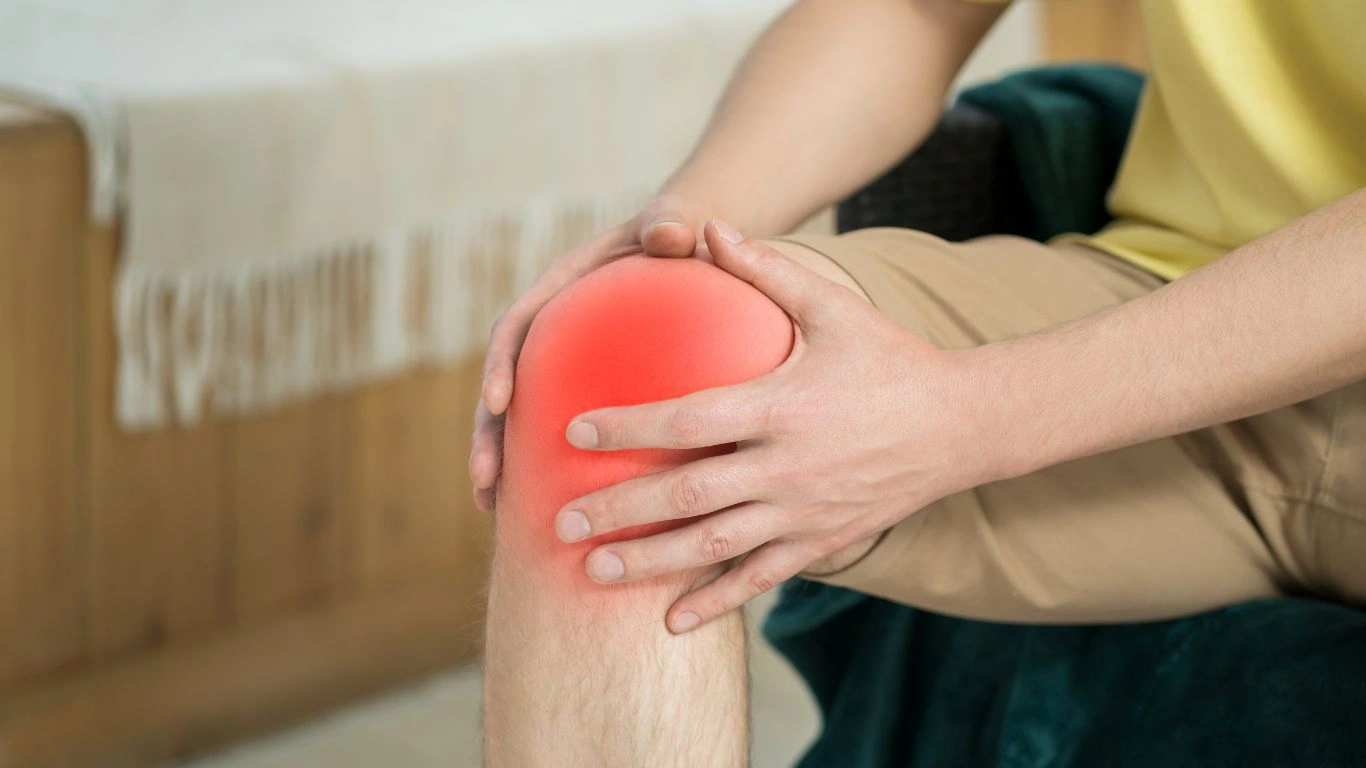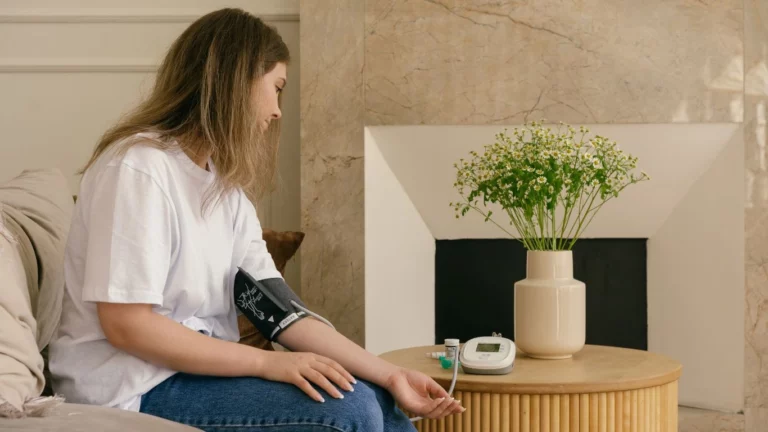🌟 Understanding Rheumatoid Arthritis and Vitamin Deficiency Symptoms: A Guide to Better Health
If you’re living with rheumatoid arthritis (RA), you probably know how it can mess with your joints—pain, swelling, stiffness, the whole nine yards. But here’s the thing: a lot of us dealing with RA don’t realize that vitamin deficiencies could be making things worse. Yup, certain vitamins (or lack of them) can make RA symptoms flare up or feel even harder to manage. In this post, let’s dive into the connection between RA and vitamins, and I’ll share some real-life examples of how getting your vitamins right might actually help.
So, What Exactly is Rheumatoid Arthritis? 🤔
RA is an autoimmune condition where your immune system goes a little haywire and starts attacking the joints, which leads to that constant, nagging pain. It doesn’t just stop at your knees or wrists—RA can impact other organs too, which is honestly a lot to deal with. But here’s where things get interesting: while we’re usually focused on treatments for RA itself, not enough people realize that vitamins might be playing a role in how we feel day-to-day.

Vitamins That Matter for RA 🌿
Now, I’m not saying vitamins are some miracle cure for RA (wish that were true!), but they can definitely help. Let’s talk about the ones that really seem to make a difference.
1. Vitamin D: Your Sunshine Buddy ☀️
We all know that vitamin D is important for bone health, but it turns out, it’s huge for RA too. A lot of people with RA, including myself, tend to be low on vitamin D, and guess what? That can lead to more inflammation and even make your joints feel worse. So if you’re not getting enough sun or maybe live somewhere where the sun isn’t showing up much, you might want to check your vitamin D levels. I actually started taking a supplement when I found out mine was low, and I swear, I noticed a difference in how my joints felt.
2. Vitamin B12: The Energy Booster 💪
Fatigue is such a common thing with RA. You feel drained, like you’re running on empty all the time, right? Well, it turns out, vitamin B12 can help with that. A deficiency in B12 can leave you feeling wiped out, so if you’re dealing with RA and feeling super sluggish, getting that B12 checked might be worth it. When I was feeling extra tired, I started taking B12 and felt like I had a bit more pep in my step. It wasn’t a total game-changer, but it definitely helped.
3. Vitamin C: Not Just for Colds 🍊
You probably think of vitamin C when you’re sick, but it’s also a big deal for joint health. It helps with collagen production, which keeps joints strong and resilient. Without enough vitamin C, your joints could get even more fragile, making RA symptoms worse. I’ve made sure to load up on citrus fruits and bell peppers, and I think it’s made a difference in how I feel overall.
4. Folate: The Inflammation Fighter 🍃
Folate, or vitamin B9, isn’t talked about enough, but it can play a role in reducing inflammation in the body. This one was a game-changer for me when I added it to my routine. I didn’t realize how much better I’d feel when I started focusing on getting enough folate. It helps with cell growth and repair, which is crucial for your joints when RA is at play.

Troubleshooting Common Vitamin Issues with RA
Alright, so you might be wondering, “Great, vitamins sound awesome, but what if I have trouble getting them in?” Totally get it. Let’s break down a few things that could go wrong and what you can do about them.
1. Trouble Absorbing Vitamins
Some people with RA, especially if they’re on meds like methotrexate or corticosteroids, may have trouble absorbing certain vitamins. It’s annoying, but it’s a real thing. In my case, I found out that I wasn’t absorbing vitamin D as well as I thought, so my doc switched me to a higher dose. Sometimes, it’s all about tweaking your approach, so if you’re struggling with absorption, talk to your doctor.
2. How Much Is Too Much?
The question of dosage is tricky. Too little, and you might not get the benefit you need. Too much, and you could actually be doing more harm than good. I learned the hard way with B12—too much can actually mess with your system, so make sure you’re getting the right amount, and always ask your doctor to help guide you.
3. Not Knowing You’re Deficient
I didn’t realize how much a vitamin deficiency could affect RA until I got my levels checked. Fatigue, joint pain, even mood swings—those could all be signs. If you’re noticing any of these issues, it’s a good idea to ask for a blood test. That way, you know exactly what you’re working with and can fix it.

Real-Life Success Stories 🌟
Sarah’s Vitamin D Story 🌞
Sarah’s RA was always pretty manageable until she started noticing that her joints were flaring up more frequently. Her energy was low, and she was generally feeling down. After some tests, it turned out she was super low on vitamin D. She started taking supplements, and within a few weeks, she noticed less pain and more energy. Her inflammation was down, and she felt a lot more hopeful. It wasn’t a cure, but it definitely made a huge difference.
Mark’s B12 Recovery 🧠
Mark had been battling extreme fatigue and numbness in his hands, which, of course, made his RA symptoms worse. After chatting with his doctor, he found out that his vitamin B12 levels were tanked. He started getting B12 shots, and within a month, the fatigue lifted, and the numbness in his hands was way less intense. It wasn’t a magic fix, but it made managing RA a lot easier.
Key Takeaways / Summary ✨
- Rheumatoid arthritis is tough, but certain vitamins like D, B12, C, and folate can help reduce symptoms and make life a bit more manageable.
- Low vitamin levels can make RA symptoms worse, but testing and supplementation can make a huge difference.
- Vitamins alone won’t cure RA, but they’re a vital part of managing it effectively.
FAQs ❓
1. How do I know if I’m vitamin deficient?
If you’re feeling extra tired, noticing more joint pain, or having trouble with numbness or tingling, it could be a sign of a deficiency. Blood tests are the best way to know for sure.
2. Can vitamin D cure RA?
No, vitamin D isn’t going to cure RA, but it can help reduce inflammation and improve how you feel. It’s a piece of the puzzle, not the whole solution.
3. Should I take vitamin supplements?
Always check with your healthcare provider before starting supplements—too much of a vitamin can sometimes be harmful, so it’s best to get professional advice.
Call to Action 🚀
If you’re struggling with RA and think your vitamins might be out of whack, don’t wait! Get those levels checked and talk to your doctor about adding supplements. It could be the missing link in feeling better and managing your RA symptoms.

Tarra Nugroho is a dedicated Nurse Practitioner with a strong foundation in family and preventive care. She brings both compassion and clinical expertise to her practice, focusing on patient-centered care and health education. As a contributor to Healthusias.com, Tarra translates medical knowledge into clear, empowering articles on topics like women’s health, chronic disease management, and lifestyle medicine. Her mission is simple: help people feel seen, heard, and informed—both in the clinic and through the content she creates. When she’s not caring for patients, Tarra enjoys weekend hikes, plant-based cooking, and curling up with a good health podcast.







